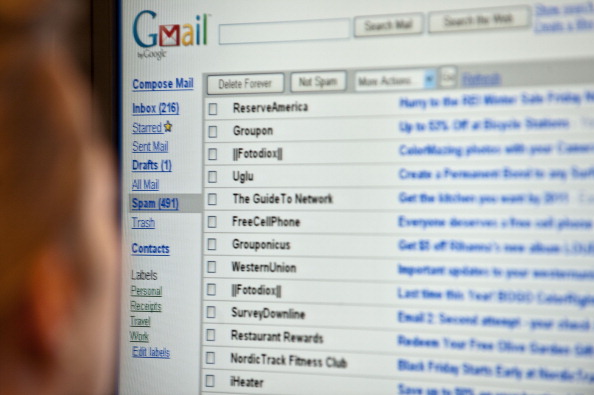DEBATE: Will email die out?

Will email die out?
Morten Brøgger, chief executive of collaboration platform Wire, says YES.
Almost 50 years on since its inception, email is fast becoming no longer fit for purpose as a communication tool.
Given that 90 per cent of cyber attacks begin with a phishing email, today it’s the equivalent of leaving the house with all the windows wide open.
Meanwhile, from a collaboration perspective, it’s about as effective as a telegram – perhaps even worse. At least workers of days gone by didn’t receive 100 plus telegrams a day, with the expectation that they would need to reply to each one.
The day we decide to ditch email once and for all will equate not only to enterprises saving billions due to the decreased risk of cyber breaches, but also to a reduction in spam and unread messages, leading to a significant boost in productivity and better real-time collaboration.
We’re at the tipping point of embracing a far safer, more practical and modern form of communication. Yet, in order to move away from email, first we must accept that it is officially a relic of the past.
Tim Sadler, chief executive of cyber security company Tessian, says NO.
We spend a third of our working week on email, sending and receiving around 124 emails a day. It’s our primary tool to communicate, collaborate, negotiate, and share information. And this won’t change any time soon.
Despite the growing popularity of instant messaging and collaboration platforms, we’re more dependent on email than ever. We recently found that 59 per cent of employees now send work emails on their mobiles during out-of-office hours
Furthermore, people increasingly use their inboxes as a “digital filing cabinet” – storing and archiving useful business information.
Undeniably, our relationship with email is risky. With so much data being shared and cyber threats like spear-phishing rife, some businesses have even suggested banning the use of email altogether. But this isn’t realistic.
Figures show that the number of emails will grow from 281bn today to over 333bn in 2022.
Email is here to stay; businesses need to make sure that employees can use it as effectively, productively, and safely as possible.
Main image credit: Getty